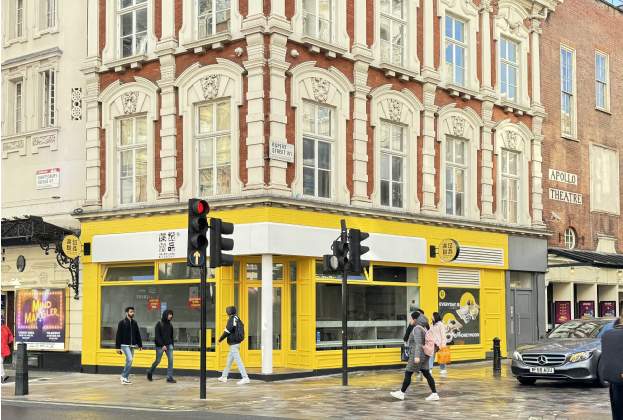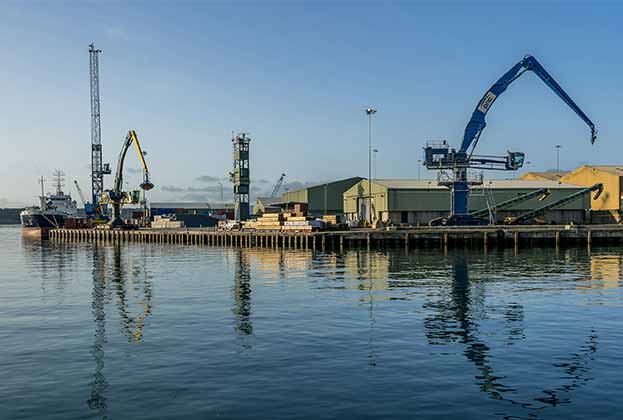The challenges presently facing the casual dining industry are well documented, with restaurant closures and reduced demand for new premises causing problems for landlords.
Increasing labour costs, business rates and wholesale food costs combined with changing consumer needs have all contributed to the problem. However, despite this backdrop, the fast food sector continues to perform resiliently.
While the fast food sector is not immune to the challenges facing the wider casual dining industry, there are a number of factors that have contributed to its continued expansion.
As disposable incomes are squeezed and consumer spending tightens, the value price point of fast food becomes more appealing. The sector has also been quick to adapt to change from a technological and convenience perspective, as more self-service and drive-thru restaurants are opened.
These formats are able to trade longer hours, often 24 hours, with fewer staff helping to drive turnover and profitability. Digital self-order screens are also a feature which boosts turnover, with customers proving to spend more compared to ordering at the counter.
McDonald’s was the first major restaurant brand to make the shift to digital self-ordering and has recently acquired Dynamic Yield, a data analytics and machine learning business, to help it drive sales through more personalisation. This includes using local weather data to upsell options on its digital kiosks – a cold drink on a hot day or a warm drink on a cold day.
Burger King is also one of the most expansive chains at present. In 2017, private equity firm Bridgepoint became UK master franchisee of Burger King and was tasked with growing and refreshing its portfolio. In Scotland, it recently opened a new restaurant on Princes Street, Edinburgh and a number of sites are in the pipeline to open over the next 12 months including drive-thrus at Forge Retail Park and Crown Street Retail Park in Glasgow. It is trialling a plant-based burger in the US, tapping into the growing and lucrative non-meat market.
KFC is also trialling its first non-meat alternative as it looks to broaden its offering to cater for the growing vegan market. In addition, it is increasingly looking at new drive thru sites, and it's not the only one. Traditional high street chains such as Costa Coffee and Starbucks have been actively opening drive-thrus, and we are also seeing Tim Hortons, Subway and Greggs follow suit.
Landlords and developers have been responding in various ways to this new demand. Under-used car parks in shopping centres or retail parks are being promoted for development, and foodstore operators are releasing land in their own car parks for development.
In some cases, it is proving possible to create a cluster of units, such as Burger King, KFC and Costa Coffee, all co-existing on a site. In the right locations this type of approach can work well as developers benefit from economies of scale. Most occupiers in the sector will still sign a long lease – a rarity that investors love – so we expect to see more trading of tenancies in the investment market going forward.
Further information
.jpg)


.jpg)



